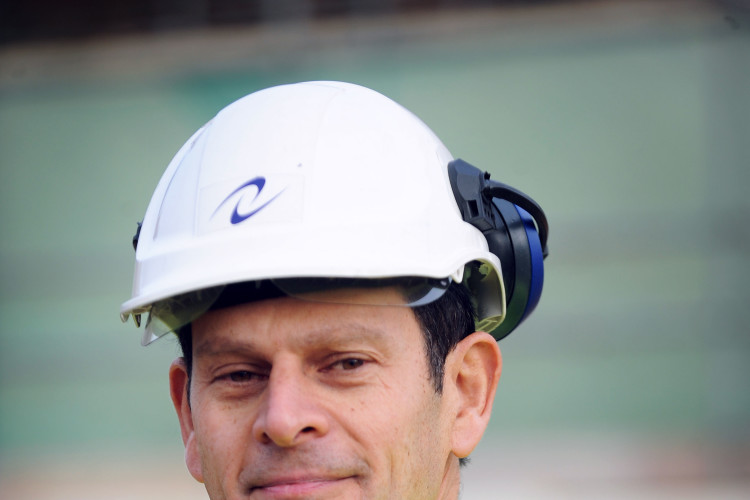It is widely acknowledged that demolition – like many areas of the construction industry – has experienced an extended period of difficulty as a result of recent economic turbulence.
However the apparent lack of active demolition projects doesn’t accurately reflect the number of sites, plants and assets that are lying redundant throughout the UK, and beyond. The number of production facilities being mothballed, rationalised or permanently closed down across the globe remains staggering, so in theory the work should exist.
Yet many decommissioning and demolition projects have been shelved due to the anticipated cost of undertaking what is often perceived as an unnecessary exercise, or certainly one that can be delayed until a fiscal improvement is seen.
Cost of mothballing
Naturally organisations wish to avoid non-essential spend, but postponing projects that are deemed unaffordable is not always the most appropriate solution. They will inevitably have to be tackled at a later date and in most cases at an overall increased cost due to continuing liabilities such as hazardous material containment, security provisions, regulatory compliance fees, care and maintenance costs, together with the burden of inextricable overheads such as local authority building rates.
Some companies initially try to sell their plant in-situ in an attempt to pursue a relatively ‘pain-free’ site exit and where possible protect employees’ jobs. But if a buyer is not found they can then struggle to know what to do next.
Difficulties lie in making informed decisions about the future, especially at a time when pressures are mounting or there are gaps in knowledge. Independent tools like feasibility studies will therefore play an ever-increasingly crucial role in the development of organisations’ redundant asset management plans and consequently the possible level of demolition work within the industry.
Drawing upon specialist engineering experience, sector knowledge and commercial awareness, feasibility studies provide an unbiased, clear and realistic view as to the true liability or indeed opportunity of a decommissioning and demolition project.

Environmental, safety, commercial and financial factors associated with the given site and current marketplace, are all considered. This means assessing realistic costs, potential hazards and risks, the status of the supply chain, the commodity value of scrap, technological trends and requirements in emerging market, waste management obligations, required resources, relevant legislation, and programme and scheduling constraints.
These studies generate a number of unique, robust and cost-effective options or solutions that companies may not have considered or even deemed possible. They also provide sufficient data and confidence to pursue a given route whether that be:
- The dismantling of plant for re-sale, re-erection and operation elsewhere;
- The demolition of plant, where it is often possible to generate an income stream due to the prevailing value of scrap. Not only does this mitigate ongoing and unacceptable levels of liability, but in some cases the project can be self-funding, if not even profitable;
- The mothballing of plant;
- Or, a combination of the options above.
These tools remove an element of the unknown and provide an insightful starting point from which innovative, value-adding and considered business decisions can be made. It can be the difference between a project getting started or not starting at all.
A hazardous activity
It is important to remember though that demolition is not always a straightforward process; it is an inherently hazardous activity. The goal should be to maximise return on assets where possible and indeed safe to do so. However factors such as plant age, former processes, recovery cost, testing, market forces and commercial competition will all form part of the decision as to what should and shouldn’t be salvaged.
Devising a cost-effective project plan certainly doesn’t mean cutting corners, because EHS excellence must remain the non-negotiable priority. Nor does it mean avoidance of legislative compliance. It just means utilising a true understanding of the engineering environment, anticipating possible challenges and resolution methods, and evaluating factors that may otherwise have remained unconsidered.
Demolition as a profession has a bright future, and there is no reason why the expertise of some of the UK’s most talented specialists will not be increasingly sought overseas too – we’ve already seen it start to happen. What is important though is the development of close-working, knowledge-based relationships with clients, so that the safest and financially optimal solutions are considered and understood.
Richard Vann, managing director of specialist engineering consultancy RVA Group.
Got a story? Email news@theconstructionindex.co.uk



